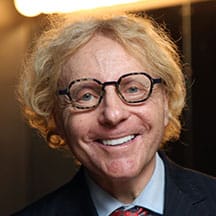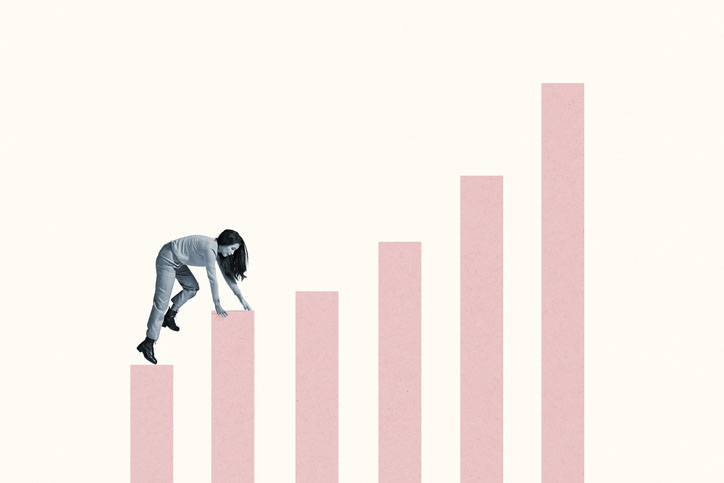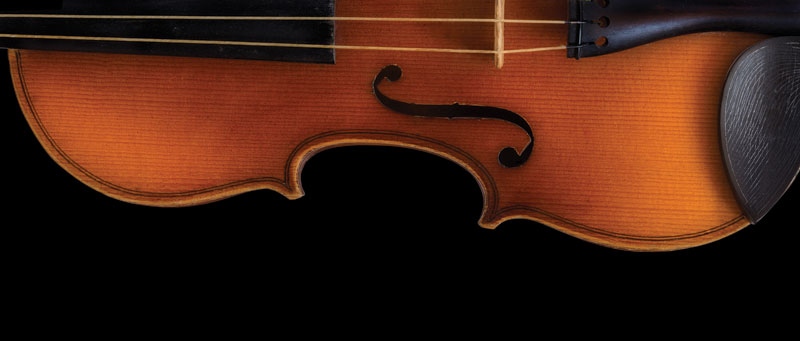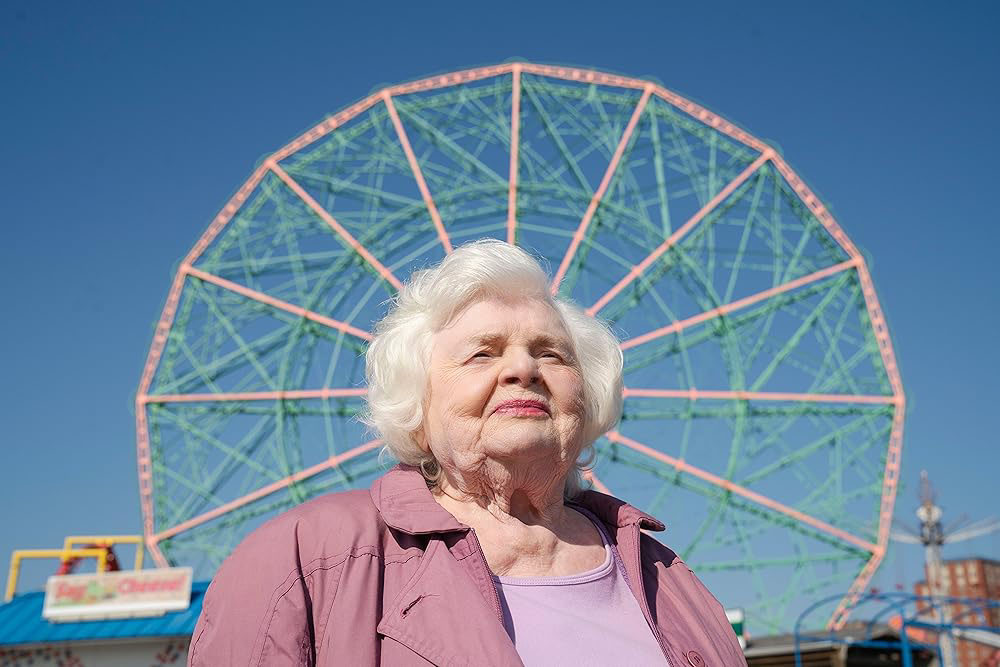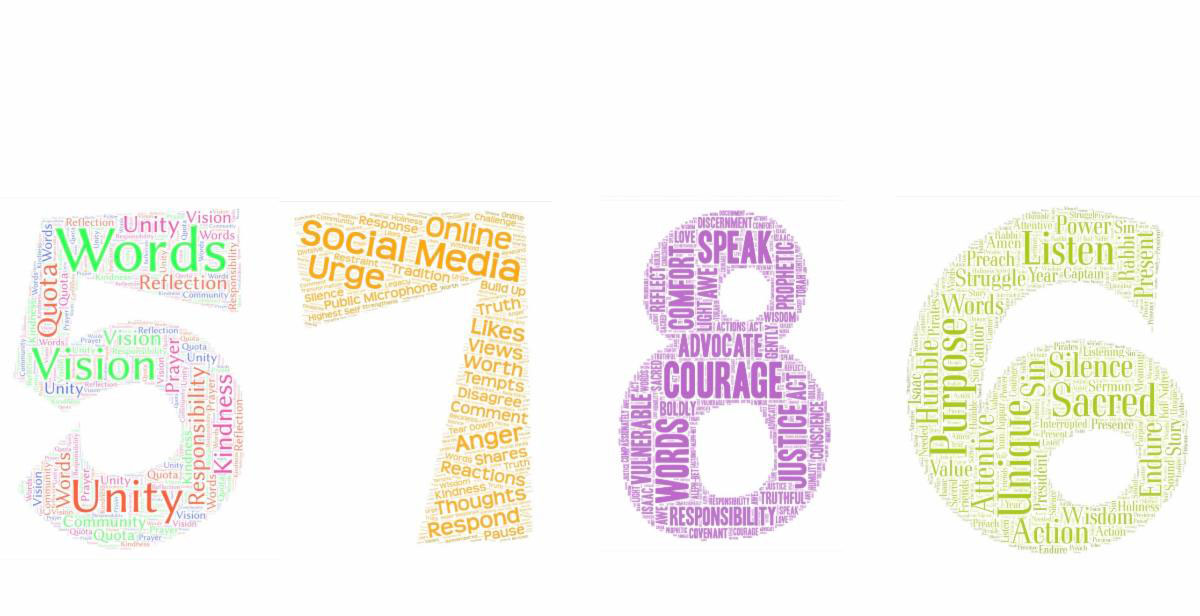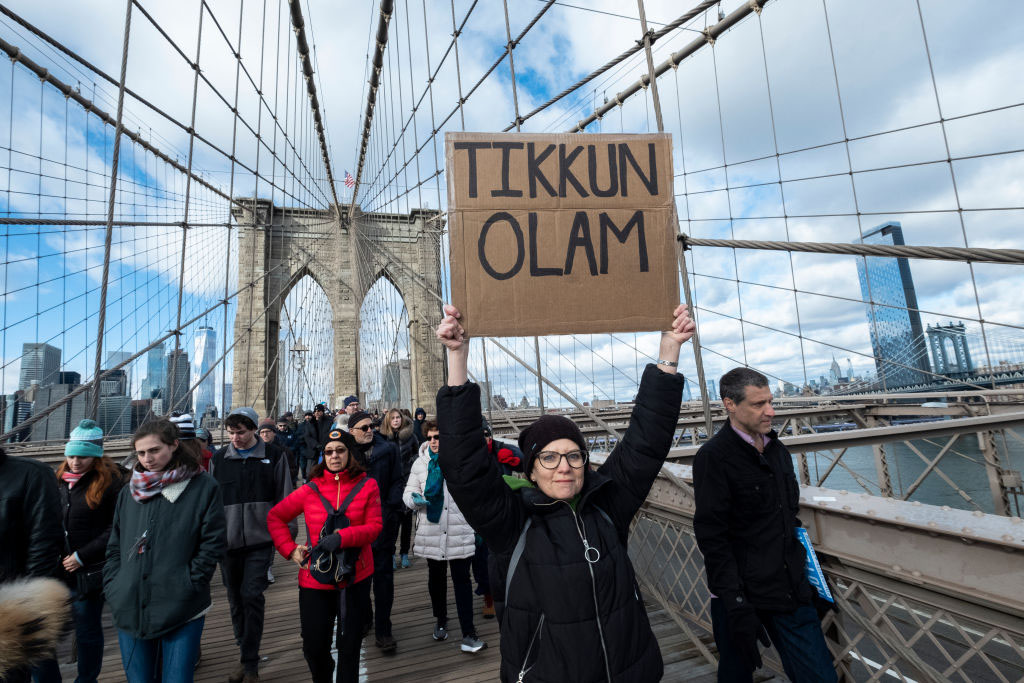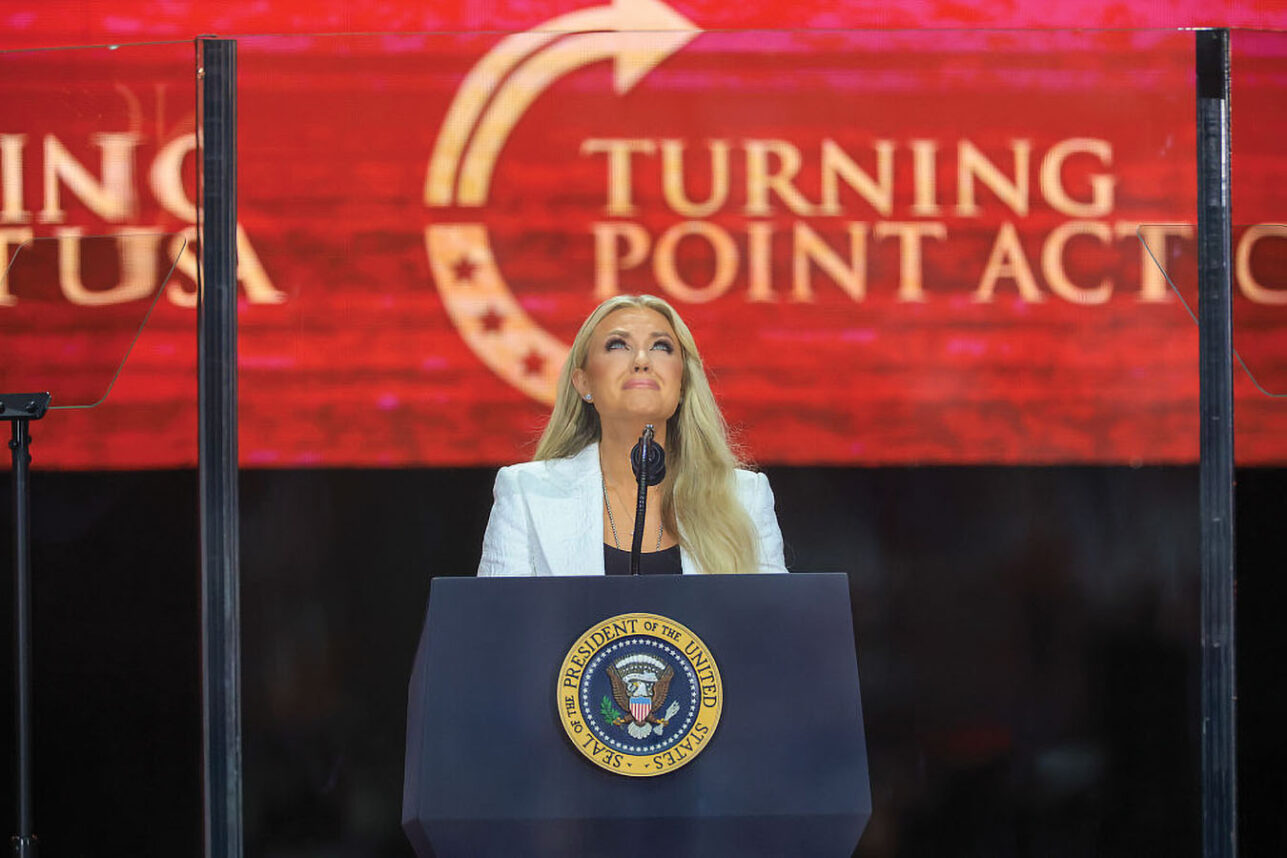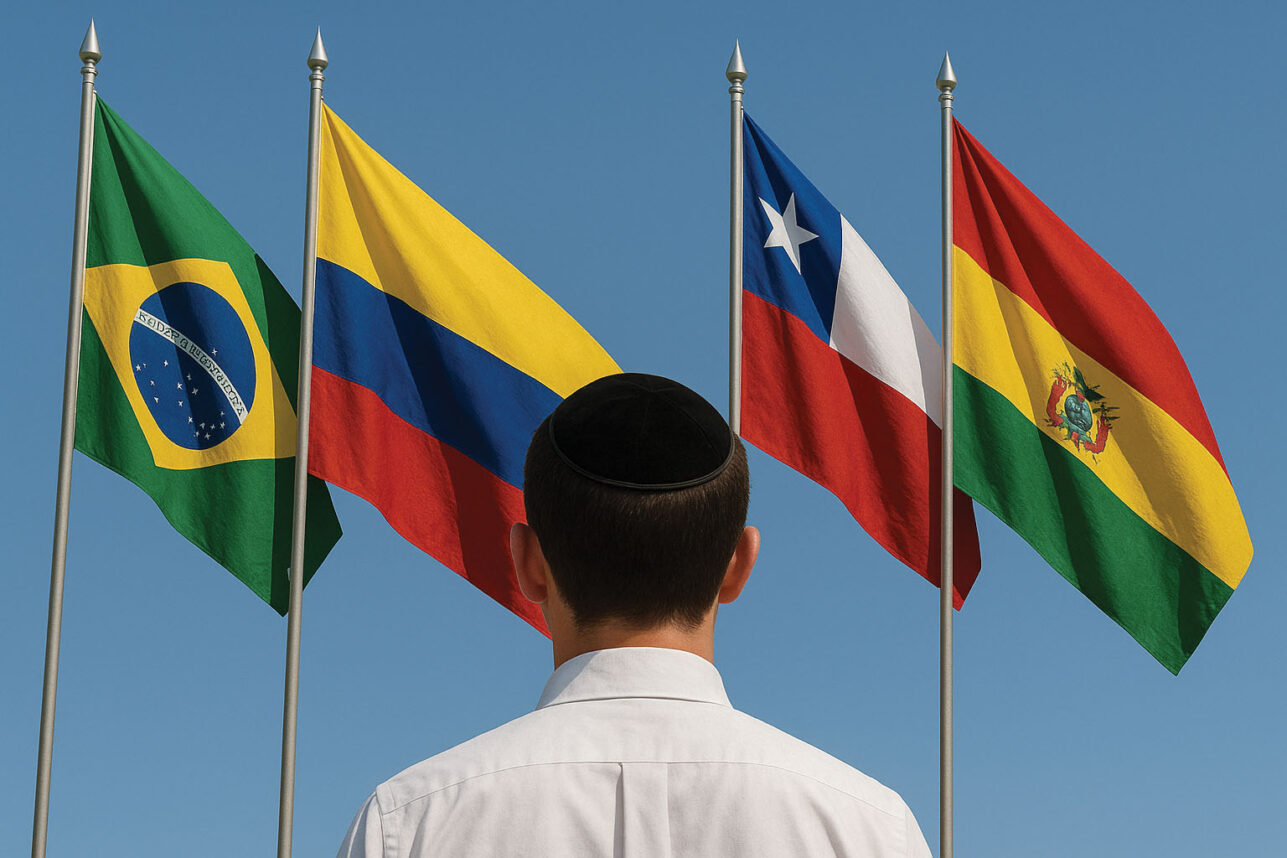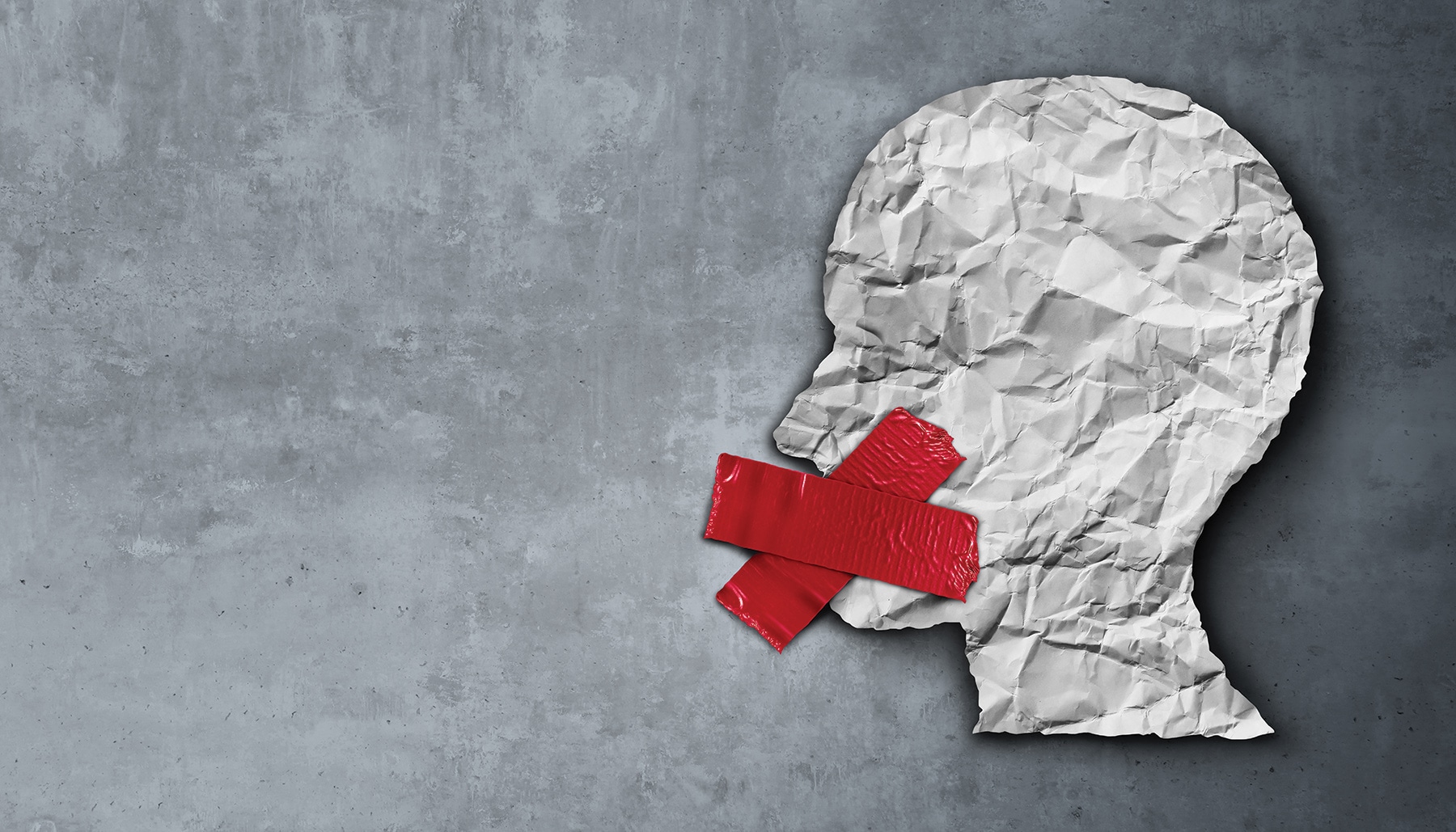
With a presidential election looming during these fast times when fevers and emotions run high, there is one urgent national crisis that may not be remedied by voting or a vaccine. And it bears directly on the foundational principles of what once united these states of America.
Whether we realize it or not, we are being forced to rethink our origins and reorder our priorities — mostly by holding our tongue or “liking” the same tweet.
Conformity has become a newly dominant ethos, demanding that we reassess American history and regard our founding not as a revolutionary miracle but as original sin.
Yet, in doing so, we are becoming a smaller, meaner and more vengeful America — intolerant and all too eager to punish those who dare to express disfavored opinions. Shades of these restrictions on speech can be found across political spectrums, but what is now being called the “cancel culture” resides mostly with the progressive left.
These cancellations are not to be taken lightly. They are terminal, and like all Terminators, they keep coming back.
Sound ominous? Well, just consider some recent events (there are many more, by the way) and ask whether free speech and critical thought are alive and well in America.
Last month evolutionary psychologist and Harvard professor Steven Pinker was the subject of an open letter signed by hundreds of linguists seeking to have him removed as a distinguished fellow from the Linguistic Society of America. His scholarly credentials were impeccable but some of his tweets and bits of other writing were deemed deplorable. Mostly he was accused of racial insensitivity for relying on data that suggested that overt racism in America was in decline.
A political culture that is hostile to open and respectful dialogue, and that requires ideological conformity and moral certainty, is decidedly “illiberal.”
David Shor, a data analyst, was fired at the end of May for a tweet that cited an academic study showing that voters were negatively influenced by violent protests, to the benefit of Republican candidates. Clearly, supporters of violent protests wish to keep their options open.
Also last month, professors at The New School in New York, UCLA and Stanford were investigated, and condemned by a student senate resolution in the latter case, for using the “N-word” while quoting from the works of James Baldwin, Martin Luther King Jr. and the lyrics from the hip-hop group, N.W.A, respectively. How else to discuss the writings of African Americans without examining the chosen words of African Americans was not explained.
A Portland, Ore., burrito shop shut down in 2017 because its owner was accused of “stealing” and committing “culinary white supremacy” by having learned new recipes on a trip to Mexico. The audacity of a taco prepared by a non-Mexican. Who knew there were enough Italians in Portland to toss all those pizza pies.
And by now everyone knows the fallout from The New York Times’ decision in June to publish an op-ed from Sen. Tom Cotton (R-Ark.), who argued that the military should be brought in to quell the violence that arose from some of the Black Lives Matter protests. It was a position that a slight majority of Americans shared — an ABC/Ipsos poll released June 7 revealed 52% approved — even if misguidedly, but it apparently was a position that the Times did not think was fit to print.
Staffers erupted and the publisher disavowed the essay, calling its publication a mistake. James Bennet, the page’s main editor, resigned under pressure. A few weeks later, editor and opinion writer Bari Weiss resigned, too, with a stinging letter that accused the paper’s leadership of capitulating to a progressive mob that undermined the objectivity of its journalistic mission. (In her July 31 appearance on “Real Time With Bill Maher,” she likened the cancel culture to “social murder.”)
Of course, cancellation is not limited to chiseled stone. It usually involves real lives and real people. And it can be ruinous. A slip of the tongue, a casual remark, an errant tweet … now has the potential to end a career.
On the same day, columnist Andrew Sullivan resigned from New York magazine, citing similar problems with colleagues who no longer welcomed his opinions. Harper’s Magazine followed with a published letter signed by 153 writers and cultural figures lamenting the illiberal and public-shaming zeitgeist of these times. With these battle lines fully drawn and career wreckage everywhere, Politico took a survey and found that 46% of Americans believe that the cancel culture has gone too far.
Maybe so, but the so-called progressive left is ramping up for more purges. Not since Stalin has purging been this much in vogue.
Historical statues have become popular targets. Confederate officers and Founding Fathers, to the delight of some, are earmarked for the same rubble. America, after all, is irredeemably flawed, they say. These historical markers are emblems of shame, and roving wrecking crews are performing a righteous task.
Of course, cancellation is not limited to chiseled stone. It usually involves real lives and real people. And it can be ruinous. A slip of the tongue, a casual remark, an errant tweet, an unintended slight, a joke resurrected from an era when social boundaries were broader and a joke was regarded as a joke, a source in a syllabus or a single paragraph within an article now has the potential to end a career. Punishments never seem to fit these thought crimes. What’s more, these cancellations allow for no forgiveness.
Speech now suddenly comes with consequences. Politically incorrect speech is not to be freely spoken. Here, it is the community at large that determines what is to be censored. And some speech is flatly denied a public hearing. Punitive mobs gather, usually in cyberspace, for the sole purpose of creating the critical mass that will lead to cancellation. The heckler’s veto has multiplied, resting on the hair-trigger fingertips of those with Twitter accounts.
The presidency of Donald Trump hasn’t helped matters, given a leadership style that depends so much on jingoistic slogans and “us versus them” mind games.
Despite our national love affair with the First Amendment, free expression is being regulated — not by the government, but by the intolerant left, which has decamped from college and is now setting the terms for public debate.
Yes, conservatives are capable of the same double standards, but the phenomenon of the cancelation culture stems from a decidedly leftist university worldview, and its spread throughout society should concern all Americans who value free speech.
There’s a new sheriff in town in the form of the thought police. Those insufficiently “woke,” unmindful of “white privilege,” oblivious to “power differentials” and “colonial legacies,” are likely to be called out and cancelled. And cancellation is not a mere figure of speech. It means what it says: “Go away!” It’s not a disagreement; it is the blotting out of conversation altogether.
And it portends the death of liberalism itself.
Remember liberalism? Its origins are found in the writings of John Locke and his fellow enlightened philosophers. These were the writers who James Madison, Alexander Hamilton and other delegates to the Constitutional Convention were reading when they undertook the task of drafting our founding documents — the blueprints to our democracy. It led to a compelling list of freedoms: speech, assembly, press, the right to and from religion, and limited self-government that protected private property and enforced the rule of law.
All of this consensus around rights came under the imprimatur of liberalism. And early Americans were proud to call themselves liberals. A good many of today’s Americans are no longer so sure.
To be liberal means to keep an open mind when venturing out into the public square, freely sampling the ideas of the day. Ideas have a tendency to conflict. That’s OK. Making judgments about ideas is all part of the democratic experience.
Only with a liberal openness to ideas can government make better decisions and the electorate become more informed. Healthy disagreement was the secret sauce of the social contract. Americans stood ready to entertain differences of opinion without reaching for pitchforks and muskets.
What we see today in the progressive orthodoxy of the new left is not liberalism, however. The liberal tradition was never so quick to judge and even quicker to indict. Publicly shaming is not the same as debating. And it is not the product of the liberal mind. A political culture that is hostile to open and respectful dialogue, and that requires ideological conformity and moral certainty, is decidedly “illiberal.”
Politico took a survey and found that 46% of Americans believe that the cancel culture has gone too far.
But that’s the junction where the woke-world places itself. Groupthink is all too commonplace. Accusations of racism are far too easily and frequently made. Conversations are forced to end before they even start.
Those who exist in the rarefied precincts of university life already know that American Exceptionalism has been in a freefall for many years now. What’s different today is that the circle of co-conspirators has widened, and moved off campus. “Wokeness” has declared war on “whiteness,” with progressives schooling the general public in what is for them an entirely new canon, whether they like it or not.
It is a lesson that centers on America as an unabashed imperialist, colonial power. Racist from birth. Enslaver. Exploiter. Defiler. Despoiler. Appropriator of cultures not their own. Instigator of global conflicts. Magnifier of economic inequalities.
There can be no Greatest Generation in a nation without any positive attributes. That’s the vision of America that many progressives have. To suggest otherwise is to evidence racist intent. In today’s cancel culture, the talking point of intersectional oppression is ignored at one’s peril.
Think I am kidding? Cancellation is the politics of pink slips. Accusations are more than sufficient. Exoneration is unobtainable. Speech is stifled in mid-sentence and careers are ruined.
The social contract is being renegotiated as we speak.
In case there is any wonder whether the Atlantic Ocean provides a measure of insulation from this cancellation craze, British lecturer Stephen Lamonby was fired last month after he casually mentioned to another academic that he believed “Jewish people are the cleverest in the world.” Lamonby assumed he was allowed to use a “positive stereotype.” The university, however, dismissed him for “gross misconduct.”
Most universities, and The New York Times, could stand to go back to school for a refresher course on basic civics.
Instead, we are instructed that certain words or ideas must be banished, otherwise people of color will be at risk, their lives endangered. But in what sense? Clearly, not in the way that Medgar Evers was murdered, or the four girls killed in the 16th Street Baptist Church bombing in Birmingham, Ala., both in 1963. Aren’t those very different examples of endangerment — surely when compared to a tweet citing data on the decline of racism?
Who knew that “liberals” were crazy, too? Yes, conservatives scoff at evolution with creationist theme parks that adopt the historical timeline of “The Flintstones,” where intelligent design enables Neanderthals to ride on the backs of dinosaurs. But is what we are seeing from progressives in squelching any comment that may conflict with the orthodoxy of the moment any better?
Moral revulsion and old-school “social distancing” is one thing; canceling a life is quite another. Thousands of Twitter users lie in wait, twitching at the thought of rendering someone jobless.
Twitter confers outsized influence on its users, none of whom are smart simply because they own a smartphone. Similarly, faculty infighting, where the stakes on wokeness run high, makes “Mean Girls” seem positively unctuous by comparison.
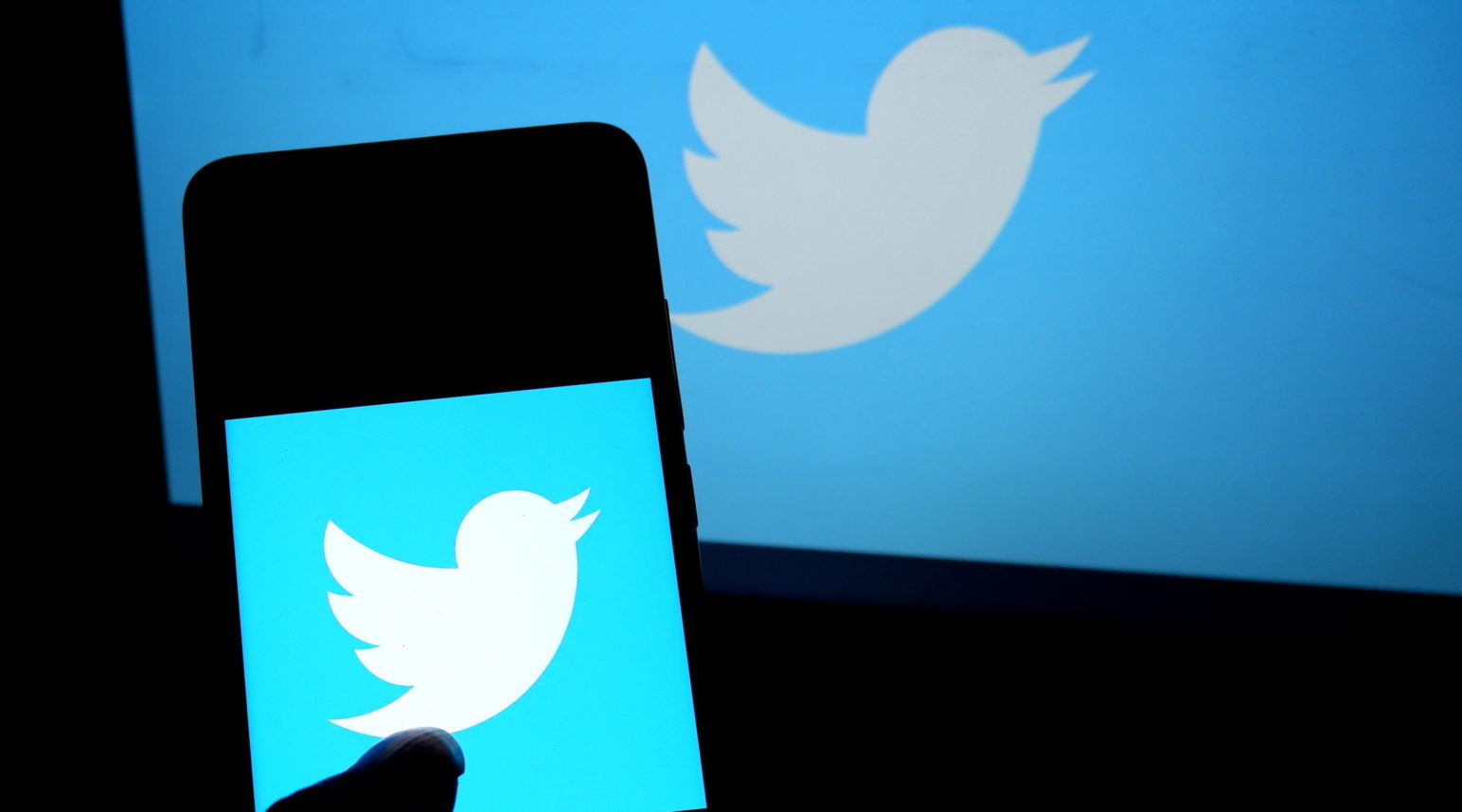
The presidency of Donald Trump hasn’t helped matters, given a leadership style that depends so much on jingoistic slogans and “us versus them” mind games. There is a daily choreography to taking sides that has polarized the populace and inspired protests that, with another administration, might have remained under wraps.
At the same time, the progressive wing of the Democratic Party is bound to receive carte blanche privileges in a Joe Biden presidency — even though he is a longtime moderate. He won’t be able to win without them, which will render him beholden. But these are the same people for whom an assault on traditional American liberalism has become the cornerstone of their political philosophy.
How does one reconcile maintaining the rule of law in a nation that defunds and dismantles law enforcement? It’s not the job of the community to police itself.
Those who upend the priorities of liberalism and terrorize free thought say that they are compensating for the imbalance of power that historically silenced voices belonging to people of color. True enough. But what seeks to replace it is a radical departure from the liberal tradition, where political pluralism was no less important. With liberalism as their crowning achievement, our Founding Fathers would be surprised to learn that we didn’t fight to preserve what was, for them, so hard-won.
Thane Rosenbaum is a novelist, essayist, law professor and Distinguished University Professor at Touro College, where he directs the Forum on Life, Culture & Society. He is the legal analyst for CBS News Radio and appears frequently on cable TV news programs. His most recent book is titled “Saving Free Speech … From Itself.”

